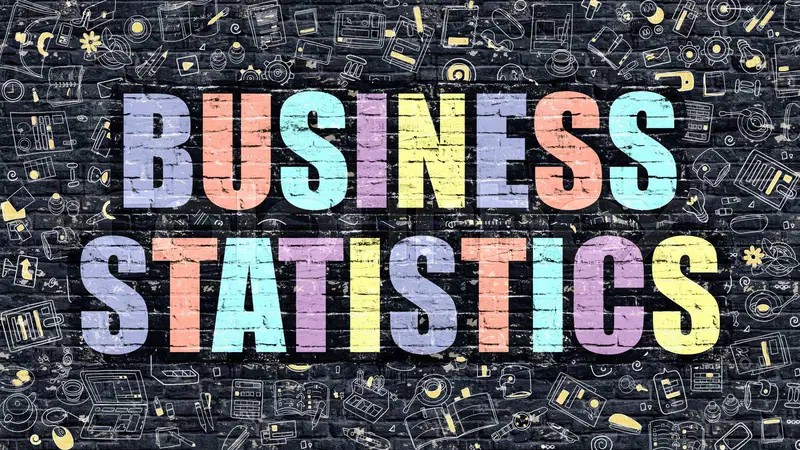Digital marketing course encompasses the tools and technologies required to help a business grow itself with the help of digital marketing. The purpose of digital marketing is to build a digital campaign to promote a business on the internet and social media platforms.

- Teacher: MANALI MANOJ MANWADKAR
Course Summary
Advanced accounting is 5 credit course. Preparing final accounts of partnership firm on admission, retirement, death and dissolution of a partnership firm & Preparing Company final accounts as per Schedule III of the companies act, 2013 including various accounting entities on issue of share and debenture are covered in the syllabus.

- Teacher: RUPINI B
The course focuses
on building a strong foundation in the LSRW skills through a blend of classic
poetry, impactful prose, and phonetic training. Students engage with works like
O Captain! My Captain by Walt Whitman, The Solitary Reaper by
William Wordsworth, and La Belle Dame sans Merci by John Keats,
exploring their literary devices and contextual meanings. Prose texts such as Mallika
Srinivasan, How to Live to Be 200, and Ilyas offer diverse
perspectives on success, satire, and morality. Pronunciation exercises cover
monophthongs, diphthongs, and consonant sounds, while vocabulary development
includes onomatopoeic words, word origins, and clichés. Grammar instruction
focuses on punctuation, subject-verb agreement, and prepositional phrases.
These units also combine creative speaking tasks like role plays, monologues,
and story narration, alongside writing practice in note-making, paragraph
expansion, and composing notices and circulars. Through additional readings,
students gain insights into real-world themes, linking classroom learning to
contemporary contexts.

- Teacher: Dr SAIKIRAN D
Students will get to know the origin and history of Statistics. And understand the fundamental concepts of business statistics and its applications in business decision making. Learn the concepts of Central Tendency, measures of dispersion, skewness and kurtosis and correlation.

- Teacher: RAGA SUDHA JONNADA
This course teaches
the basics of Data Analytics Modelling by introducing students to identifying
the correct data that is important for decision making in business and how to
clean, extract, transform and load the data for performing Analysis. It also
teaches the concepts related to data warehousing and SQL
- Teacher: Dr DAMARAJU PADMALEELA